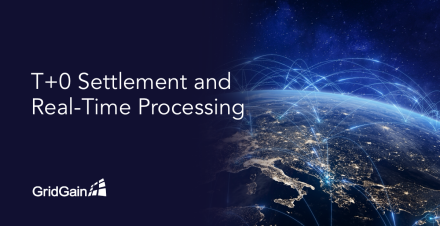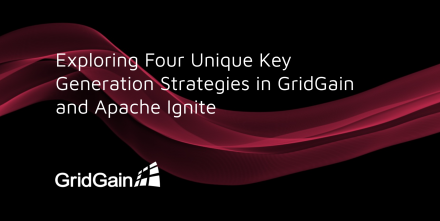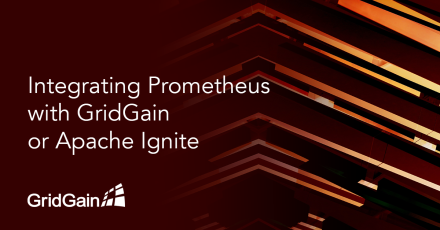Stephen is the Training and Consulting Services Director at GridGain, where he helps clients meet their business goals using unified real-time data and in-memory technologies.
He's worked with high-performance, data-intensive applications for over 15 years and has experience across many industries, including telecoms and financial services.
Also, he is an active Apache Ignite Committer and top non-code contributor helping Ignite developers on the user list and StackOverflow.








